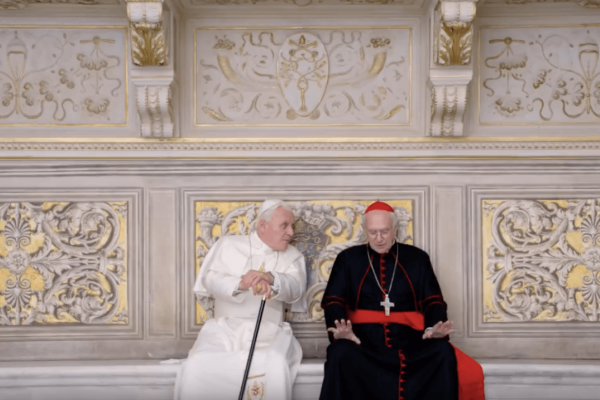Dec 31, 2019
The film humanizes the two popes, while exploring their different ecclesial emphases: church as an inward-facing haven from the world or church as an outward-facing sojourner.
Read the Full Article

Already a subscriber? Login
